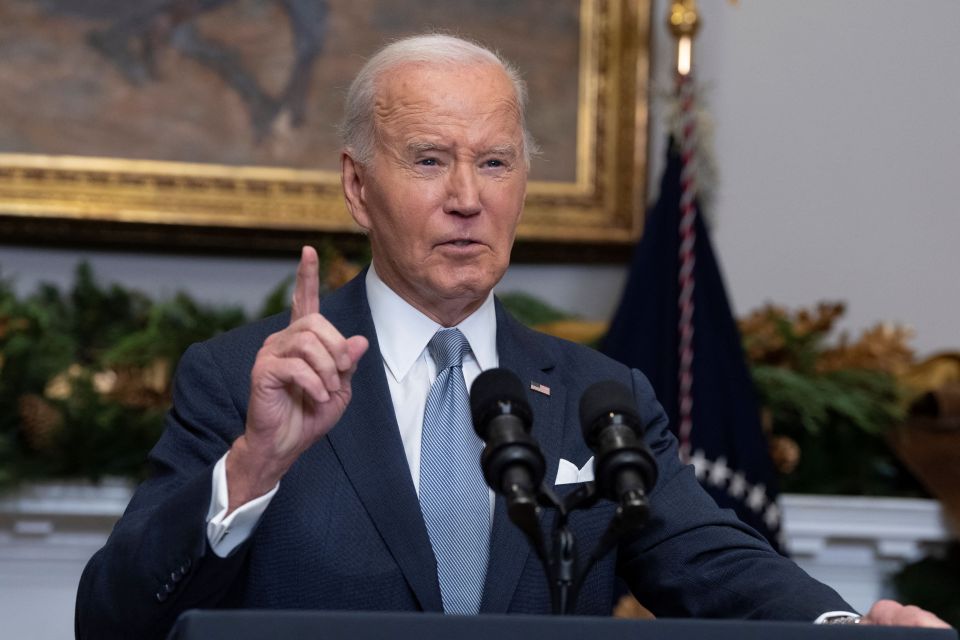Dr. Bynon’s Transplant Programs Suspended, Patients Seek New Care Amidst Probe
Dr. J. Steve Bynon Jr., a transplant surgeon in Texas, has received numerous awards and national recognition for his work, particularly his efforts to maintain professional standards in the country’s large organ transplant system.
However, investigators are currently investigating charges that Dr. Bynon secretly manipulated a government database to make some of his patients ineligible for new livers, potentially depriving them of vital therapy.
Memorial Hermann-Texas Medical Center in Houston, where Dr. Bynon led both the liver and kidney transplant programs, abruptly shut them down in the last week to investigate the accusations.
The medical center, a teaching hospital connected with the University of Texas, issued a statement on Thursday announcing that a clinician in its liver transplant program had admitted to manipulating patient records. The hospital stated that this effectively denied the transplants. An official familiar with the investigation named the physician as Dr. Bynon, who works at the University of Texas Health Science Center in Houston and has been in charge of Memorial Hermann’s abdominal transplant department since 2011.
Dr. Bynon’s motivations were unclear. When reached by phone on Thursday, he referred all queries to UTHealth Houston. He declined to affirm that he had admitted to changing records.
On Friday, after this piece was published online, UTHealth Houston stated to news outlets praising Dr. Byon as “an exceptionally talented and caring physician, and a pioneer in abdominal organ transplantation.” According to the statement, Dr. Bynon’s transplant recipients had some of the best survival rates in the country. “Our faculty and staff members, including Dr. Bynon, are assisting with the inquiry into Memorial Hermann’s liver transplant program and are committed to addressing and resolving any findings identified by this process,” according to the statement.
Memorial Hermann, established in 1925, is a major Houston hospital with a limited liver transplant program. According to federal records, it performed 29 liver transplants last year, ranking as one of Texas’ smallest programs.
A disproportionate number of Memorial Hermann patients have died in recent years while waiting for a liver, according to data. Last year, 14 patients were removed from the center’s waiting list because they died or got too ill, and the center’s mortality rate for transplant recipients was higher than predicted, according to the Scientific Registry of Transplant Recipients, a research organization.
As of last month, five individuals had died or been too unwell to get a liver transplant, while the hospital had done three, according to records. The probe is in its early stages, and it was unclear whether possible changes to the waiting list resulted in a patient not receiving a liver. According to a hospital spokesperson, the center handled patients who were more gravely ill than the average.
The United States Department of Health and Human Services said in a statement that it was also looking into the allegations. So is the United Network for Organ Sharing, the federal contractor in charge of the nation’s organ transplant system.
“We acknowledge the gravity of this allegation,” the H.H.S. statement read. “We are working diligently to address this issue with the attention it deserves.”
After receiving a report, officials began investigating. An investigation revealed what the hospital described as “irregularities” in how individuals were classified on a liver transplant waiting list. When doctors add a patient to the list, they must specify the types of donors they will consider, as well as the person’s age and weight.
According to hospital officials, patients were recorded as accepting only donors with unrealistic ages and weights — for example, a 300-pound toddler — rendering them ineligible for any transplant.
Other transplant physicians stated that if the list was tampered with, patients would be unaware of any changes to their status.
“They’re sitting at home, maybe not traveling, thinking they could get an organ offer at any time, but in reality, they’re functionally inactive, and so they’re not going to get that transplant,” said Dr. Sanjay Kulkarni, vice chair of the United Network for Organ Sharing’s ethics committee. “It’s highly unusual, I’ve never heard of it before, and it’s also highly inappropriate.”
According to the hospital, it is unclear how many patients were affected by the alterations or when they occurred. It stated that the concerns solely affected the liver transplant program, but the hospital also shut down the kidney transplant program because it was supervised by the same doctor.
Dr. Bynon, 64, has devoted his career to abdominal transplants and is regarded as one of the pioneers of advanced liver transplantation. He spent nearly two decades at the University of Alabama at Birmingham before relocating to Texas in 2011.
Some former coworkers viewed Dr. Bynon as intimidating and egotistical, while others praised him for his talent and dedication.
“In my experience, everything he did was about the patient,” said Dr. Brendan McGuire, the medical director of liver transplants at that Alabama program, who has known Dr. Bynon for over a decade. “When he transplanted someone, that person was his patient for life.”
The University of Texas Health Science Center once posted a photo of a billboard featuring Dr. Bynon to its LinkedIn profile. The sign read, “Dr. Bynon breathes new life into transplant patients.”
Dr. Bynon also served on the United Network for Organ Sharing’s Membership and Professional Standards Committee, which probes abuses in the transplant system. Dr. Bynon most recently made headlines in December for completing a kidney transplant on former Lt. Gov. Ben Barnes from Texas.
Many in the transplant world were astonished by Memorial Hermann’s decision to discontinue its programs because it is highly rare for a program to be suspended due to ethical considerations. Memorial Hermann had 38 patients on its liver transplant waiting list and 346 patients on its kidney list when it closed both programs, according to the hospital.
Officials stated that they were contacting the patients to assist them in finding new physicians.











